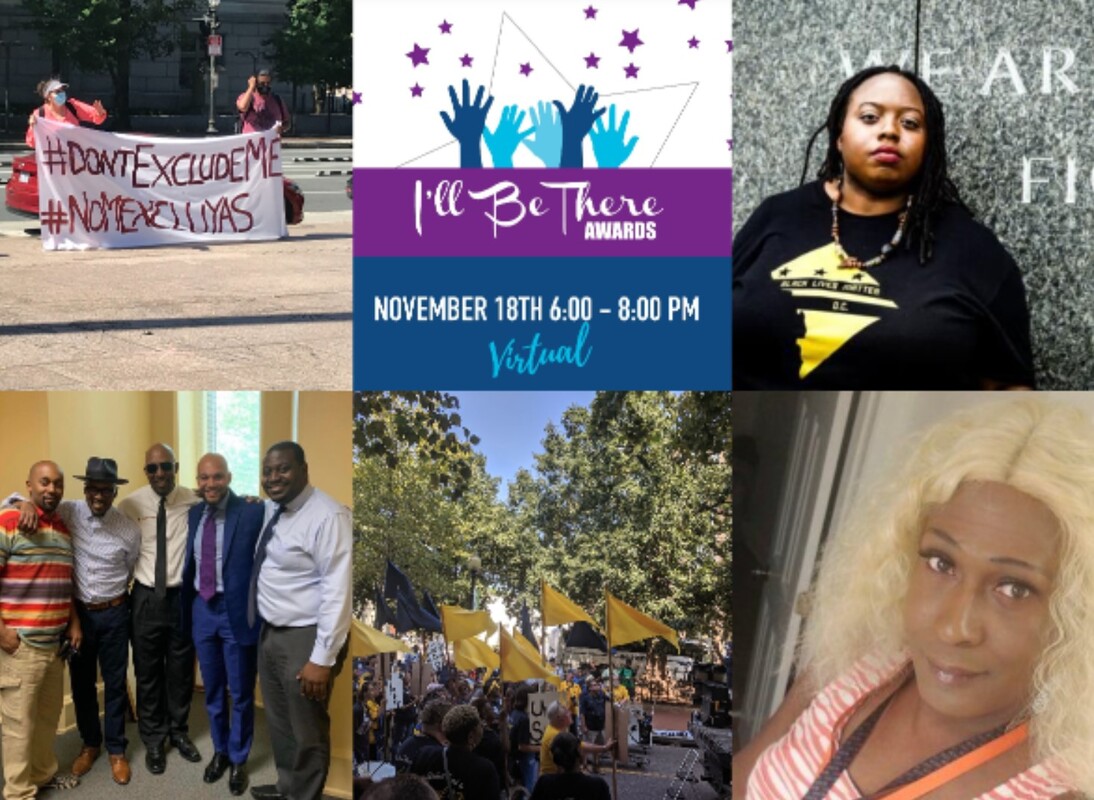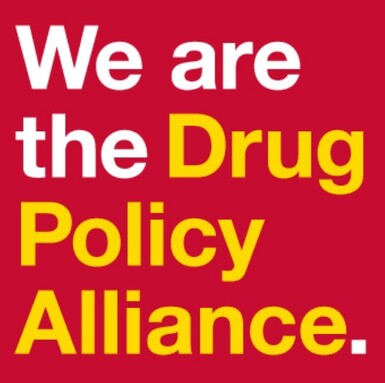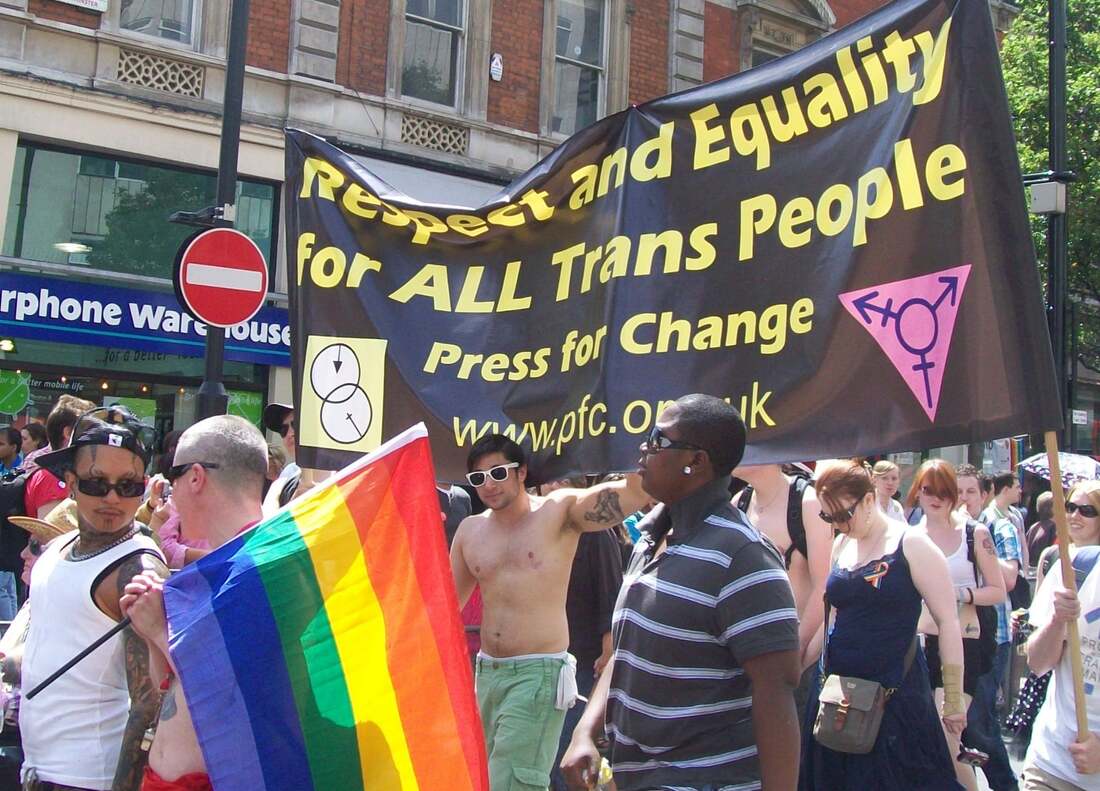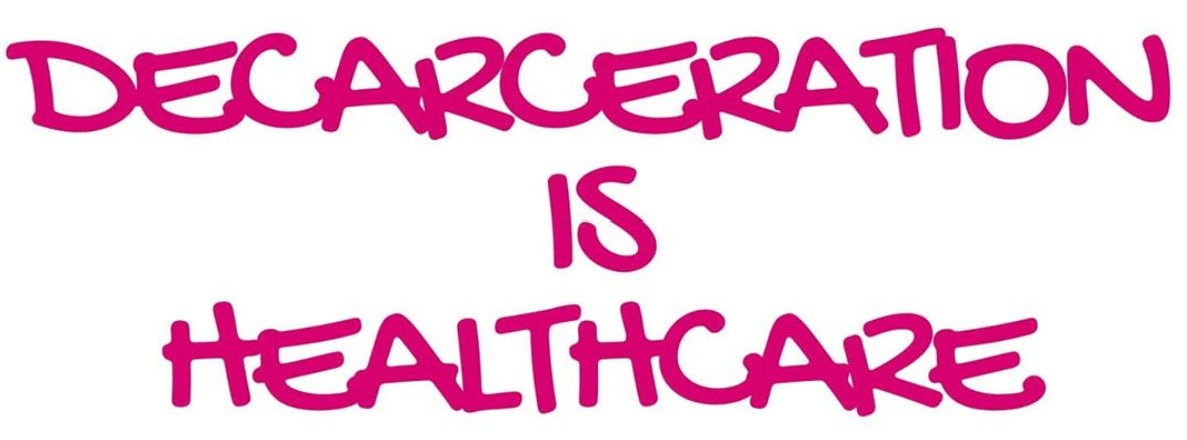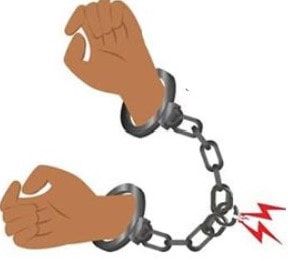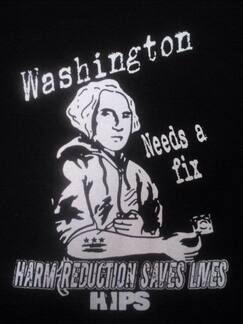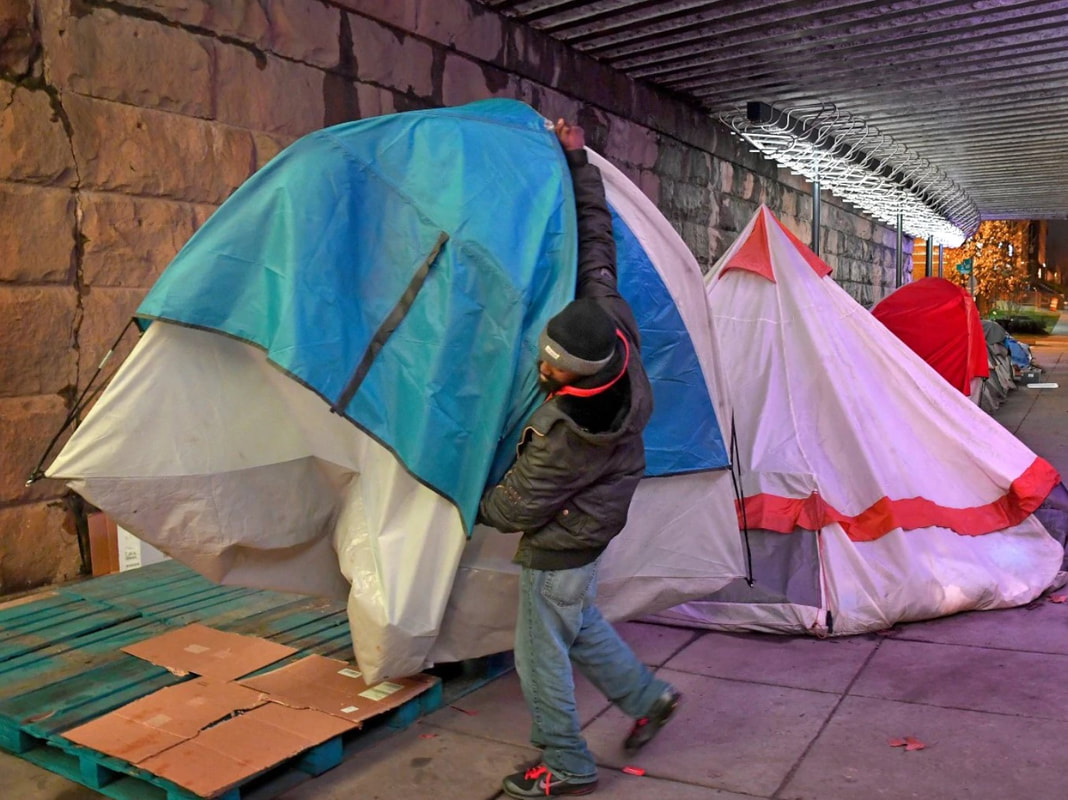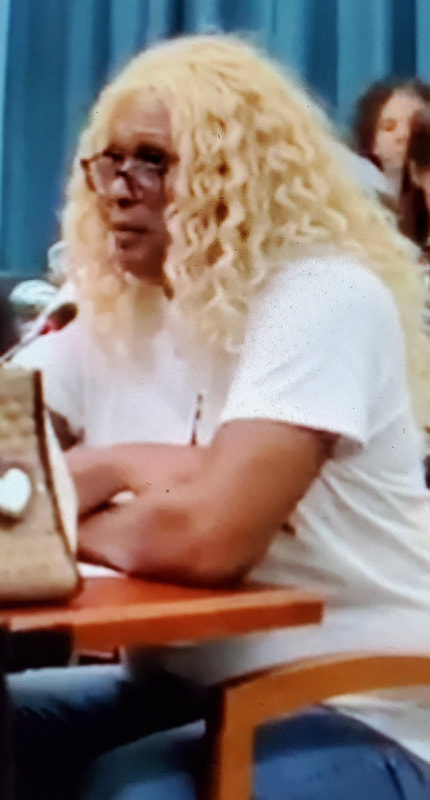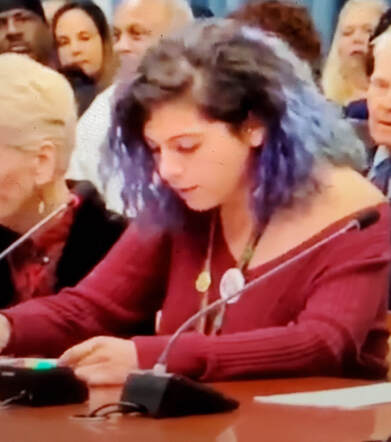Following the District's deadliest year of overdose fatalities in 2017, the D.C. Council unanimously voted to allow for the distribution of fentanyl test strips for personal use, and then passed legislation to decriminalize the life-saving strips a year later. While the decriminalization of fentanyl test strips was a step in the right direction, the Drug Policy Alliance says they worked tirelessly with HIPS, a DC-based harm-reduction organization, to get DC Council to take bigger steps towards reducing overdose deaths by decriminalizing drug paraphernalia more broadly. "It's a huge step forward for the health and livelihood of people who use drugs," Adesuyi said. HIPS was on the ground educating community members about harm reduction through street outreach and a virtually leading a series of community conversations on harm reduction and drug use. Queen Adesuyi, the Policy Manager for the Office of National Affairs and the team at The Drug Policy Alliance worked tirelessly to show how harm reduction impacts public health and saves lives. At the end of December 2020, D.C. Mayor Muriel Bowser allowed the Opioid Overdose Prevention Act of 2019 (B23-0054) to become law. This bill removes the criminal penalties for possession of drug paraphernalia for personal use. The bill will allow organizations like HIPS to distribute harm reduction supplies such as safer smoking kits, safer snorting kits, and other infectious disease prevention harm reduction materials previously criminalized under DC law. [Read Article]
Article by Jessica Martinez, HIPS Methamphetamine Services Specialist
Article by: Tamika Spellman, HIPS Advocacy & Policy Associate
Tamika Spellman, Policy & Advocacy Associate at HIPS is interviewed (Black Women Radicals)12/9/2019
FULL DECRIMINALIZATION IS FULL FREEDOM: TAMIKA SPELLMAN ON BELONGING AND TOWARDS BLACK SEX WORKER LIBERATION By Jamiee A. Swift
A pioneering activist and advocate, Tamika Spellman (she/her/hers) is leading a movement so that present and future Black and Brown sex workers in Washington, D.C., can truly know what full freedom and Belonging is and means in a world that tries to criminalize and control their bodily and political autonomy and agency. [Read Article]
“Nefarious people look for the weakest link,” says Tamika Spellman, who is a policy and advocacy associate at the harm-reduction nonprofit HIPS and has been a sex worker by choice for more than 35 years. “And they know there’s a lack of concern for sex workers.” She analogizes the situation to mobsters killing people during Prohibition, or gun crime associated with marijuana—two industries that were very violent so long as they were illegal. “The root cause [of violence] is not the sex worker. It’s the crime that surrounds the sex worker. I’m not a violent person, but I’ve had a lot of violence happen to me,” Spellman says. “People are going to do what they’re going to do. So we can try to at least make them safe when they’re doing it.” [Read Article]
|


